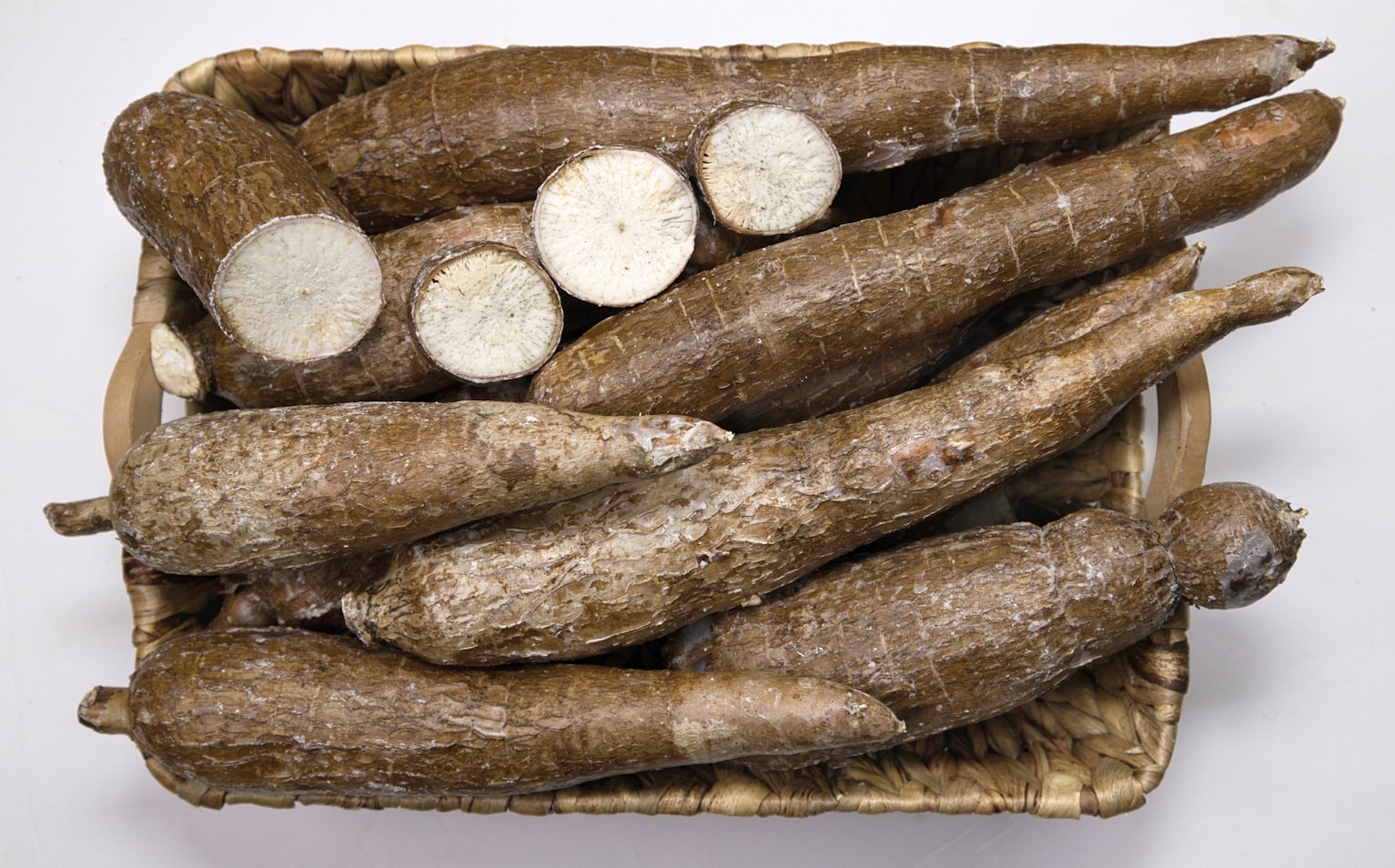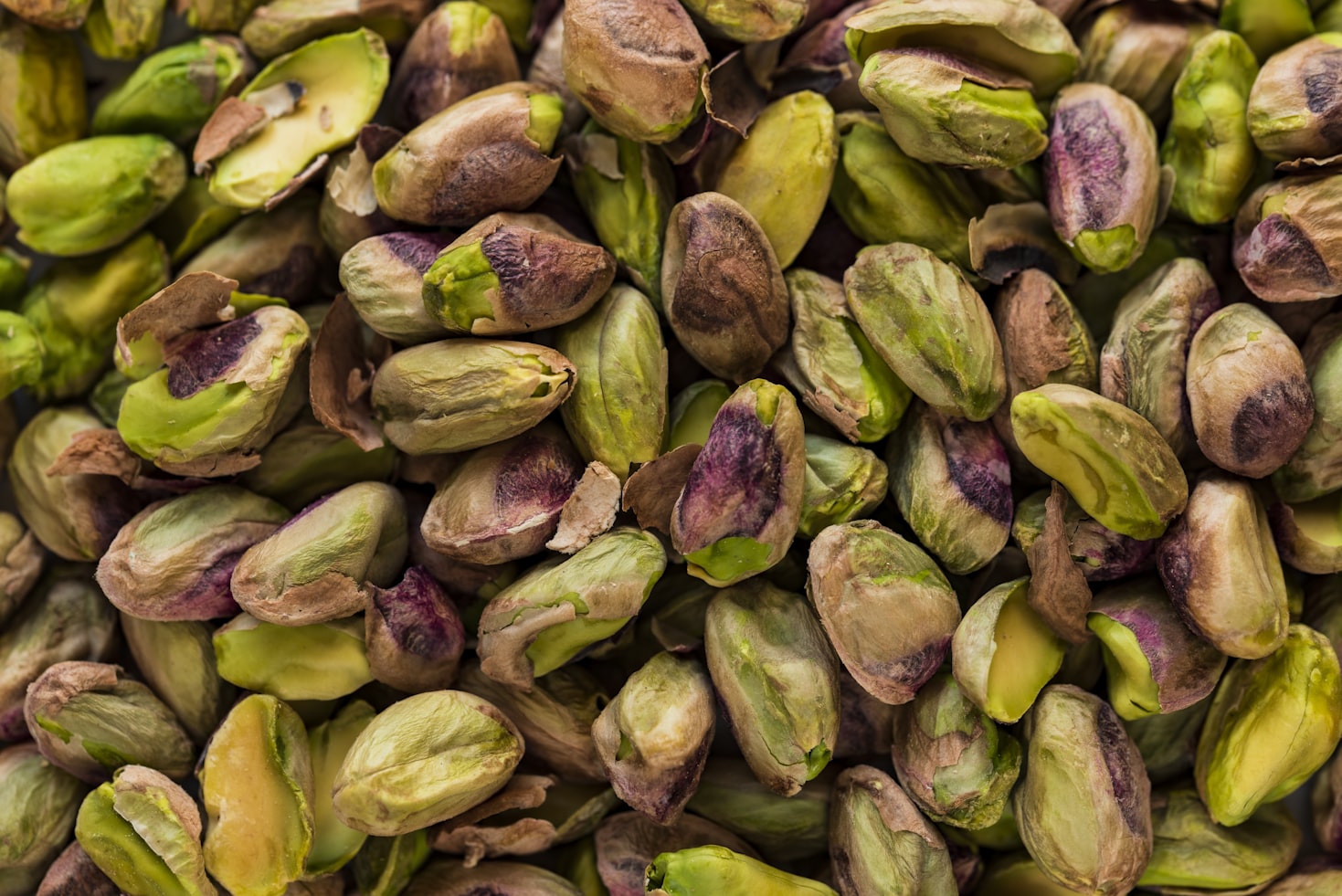Is Cassava Keto Friendly?
With the increasing popularity of the ketogenic diet, many people are seeking to understand which foods are compatible with this low-carb, high-fat eating plan. One food that often sparks curiosity is cassava, a starchy root vegetable commonly consumed in various parts of the world. In this article, we will explore whether cassava can be considered keto-friendly and how it fits into a ketogenic diet.
Understanding the Ketogenic Diet
Before delving into the keto-friendliness of cassava, it is essential to understand the principles of the ketogenic diet. The ketogenic diet is a low-carbohydrate, high-fat diet that aims to shift the body’s metabolism into a state of ketosis. In this state, the body primarily relies on fat for fuel instead of carbohydrates.
The standard macronutrient breakdown for a ketogenic diet is approximately 70-75% of calories from fat, 20-25% from protein, and 5-10% from carbohydrates. This strict carbohydrate restriction is necessary to induce and maintain ketosis.
The Nutritional Profile of Cassava
Cassava, also known as yuca, is a root vegetable that is a staple food for millions of people worldwide. It is a good source of energy and contains various vitamins and minerals. However, when it comes to its macronutrient composition, cassava is predominantly a source of carbohydrates.
A 100-gram serving of cassava contains approximately:
- 160 calories
- 38 grams of carbohydrates
- 1 gram of protein
- 0 grams of fat
- 1 gram of fiber
As we can see, cassava is relatively high in carbohydrates and lacks significant amounts of fat and protein. This macronutrient profile raises concerns about its compatibility with the ketogenic diet.
Cassava and Carbohydrate Restriction
One of the primary goals of the ketogenic diet is to restrict carbohydrate intake to induce ketosis. Given that cassava is predominantly composed of carbohydrates, it may not be an ideal choice for those following a strict ketogenic diet.
However, the keto-friendliness of cassava depends on the portion size and how it fits into an individual’s overall daily carbohydrate limit. While cassava is relatively high in carbohydrates, it can still be consumed in moderation by those who are not strictly adhering to a very low-carb ketogenic diet.
For example, if an individual’s daily carbohydrate limit is around 50 grams, they may be able to incorporate a small portion of cassava into their diet without exceeding their limit. It is crucial to consider the overall carbohydrate content of the meal or dish that includes cassava and adjust the portion size accordingly.
Preparing Cassava to Reduce Carbohydrate Content
Another factor to consider when evaluating the keto-friendliness of cassava is the preparation method. Certain preparation techniques can help reduce the carbohydrate content of cassava, making it more suitable for a ketogenic diet.
One method is to soak cassava in water for several hours or overnight. This process, known as soaking or fermenting, can help remove some of the starch and reduce the carbohydrate content. Additionally, boiling cassava before consuming it can further decrease its carbohydrate content.
By employing these preparation techniques, individuals can potentially lower the carbohydrate content of cassava and make it a more viable option for those following a ketogenic diet.
FAQs about Cassava and the Ketogenic Diet
1. Can I eat cassava on a strict ketogenic diet?
While cassava is relatively high in carbohydrates, it can still be consumed in moderation by those who are not strictly adhering to a very low-carb ketogenic diet. It is crucial to consider the overall carbohydrate content of the meal or dish that includes cassava and adjust the portion size accordingly.
2. How can I reduce the carbohydrate content of cassava?
Soaking cassava in water for several hours or overnight and boiling it before consumption can help reduce its carbohydrate content. These preparation techniques can make cassava a more suitable option for those following a ketogenic diet.
3. Are there any keto-friendly alternatives to cassava?
Yes, there are several keto-friendly alternatives to cassava that can be incorporated into a ketogenic diet. Some examples include cauliflower, zucchini, broccoli, and leafy greens. These vegetables are low in carbohydrates and can be used as substitutes in various recipes.
4. Can I eat cassava flour on a ketogenic diet?
Cassava flour is made from the dried and ground cassava root. It is relatively high in carbohydrates and is not considered keto-friendly. It is best to avoid cassava flour if you are following a strict ketogenic diet.
5. Can I consume cassava on a cyclical ketogenic diet (CKD) or targeted ketogenic diet (TKD)?
On a cyclical ketogenic diet (CKD) or targeted ketogenic diet (TKD), where individuals cycle in and out of ketosis, small portions of cassava may be consumed during the carbohydrate refeeding periods. However, it is essential to monitor overall carbohydrate intake and adjust portion sizes accordingly.
6. Are there any health benefits to consuming cassava?
Cassava is a good source of energy and contains various vitamins and minerals, including vitamin C, folate, and manganese. It also provides dietary fiber, which is beneficial for digestive health. However, it is important to consume cassava in moderation and as part of a balanced diet.
Summary
While cassava is relatively high in carbohydrates, it can still be consumed in moderation by those who are not strictly adhering to a very low-carb ketogenic diet. The portion size and overall carbohydrate content of the meal or dish that includes cassava should be considered. Additionally, employing preparation techniques such as soaking and boiling can help reduce the carbohydrate content of cassava. However, individuals following a strict ketogenic diet may find it more challenging to incorporate cassava into their eating plan. It is always advisable to consult with a healthcare professional or registered dietitian before making any significant dietary changes.





